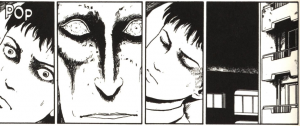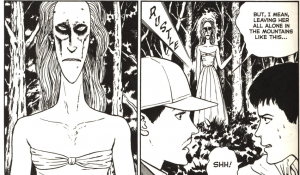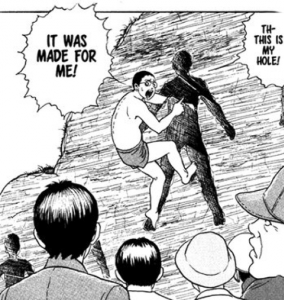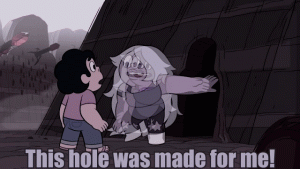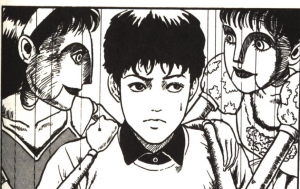On Wednesday, October 31st, Billy Tringali – a graduate student in the School of Information Sciences – will present a guest lecture as part of the IAS Library’s Halloween Spooktacular.
Read on for an interview with Tringali about his presentation on manga horror master Junji Ito:
Can you describe what attendees can expect from your lecture?
The work of manga artist Junji Ito can most easily be defined as a hybrid between the cosmic horror of H.P. Lovecraft and the body horror of Cronenberg’s The Fly. His work is terrifying, disgusting, and occasionally darkly comedic.
This short lecture will focus on how Ito expertly fuses together his writing and artistic style to create a deeply nihilistic world, crafting an overarching argument in his short stories about the inability for world to be change in a positive way.
It sounds very dark and upsetting – but I promise it will be fun!
How did you become interested in Junji Ito?
I first found out about Ito through his wildly popular The Enigma of Amigara Fault. It’s a fantastic short story about the addictive nature of finding your place in the world, and how much we are willing to bend and twist ourselves to fit into the boxes society presents us with.
Ito, of course, interprets this literally [see following image].
In starting my research into Ito I was shocked to find that there has not been much written about such a genius author, which really doubled-down my desire to analyze his work!
The Enigma of Amigara Fault is actually so popular on the internet it was referenced in the children’s show Steven Universe!
What draws you to this genre, and what are your related research interests?
I’ve been a big fan of anime and manga since I was in about 8th grade. It’s a medium that can be used to create such deep, inspiring stories, and I really don’t think it’s looked upon or elevated in scholarship the way it can be. With the growth of comics’ studies, I’m hoping anime and manga studies will begin to pick up more steam in the academe!
This interest also led me to found the The Journal of Anime and Manga Studies, an open access journal I was able to build with help from the University Library’s Scholarly Communication and Publishing department. The journal will be launched this spring!
What are some interesting things that have come up in this research?
There is so much room for growth!
Anime and manga studies has been approached from so many different angles by so many different scholars, but there is still a massive amount of work that can (and should!) be done in this field.
I encourage anyone interested in studying anime and manga to simply dive in!
You recently presented about this work at a conference – what is it like to be scholar of popular culture?
Every important piece of media, at one point, has been popular culture.
All of Shakespeare’s plays. Every Sherlock Holmes novel. It’s all been popular culture. Even literary classics like Dante’s Inferno could be seen as self-insert fanfictions.
The only difference is time.
Scholars of popular culture are on the front lines of public engagement, and I feel that analyzing popular culture is a great way to introduce students to theories, histories, and methodologies while also elevating the brilliant work happening all around us today.
Billy Tringali will present his lecture on Junji Ito at 3 pm Wednesday, October 31st at the International and Area Studies Library. Happy Halloween!


